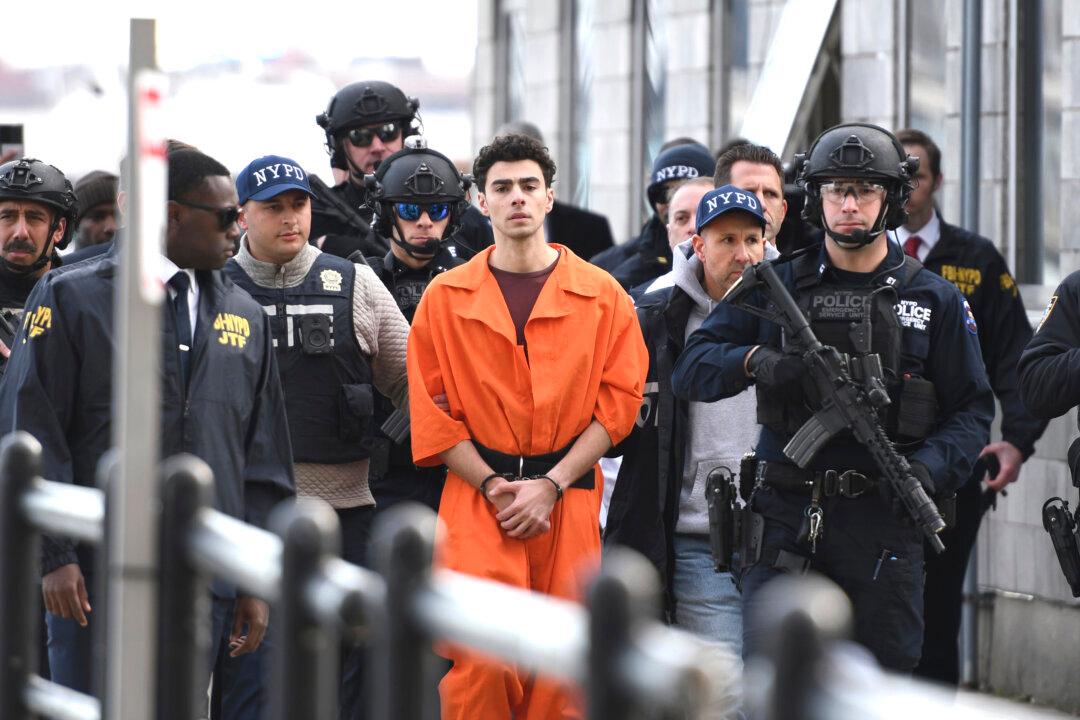News Analysis
Brian Thompson, an Iowa farm boy and valedictorian at his small-town public high school in 1993, worked hard to reach the top of UnitedHealthcare’s corporate ladder.

Brian Thompson, an Iowa farm boy and valedictorian at his small-town public high school in 1993, worked hard to reach the top of UnitedHealthcare’s corporate ladder.